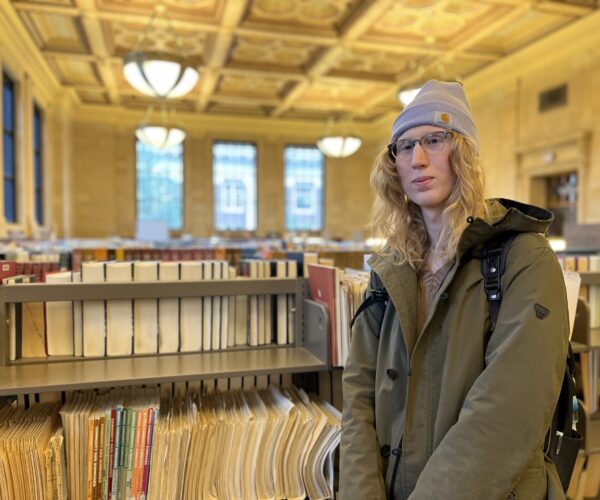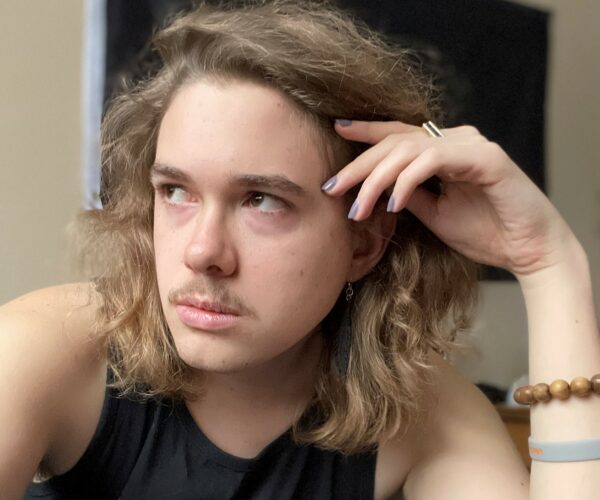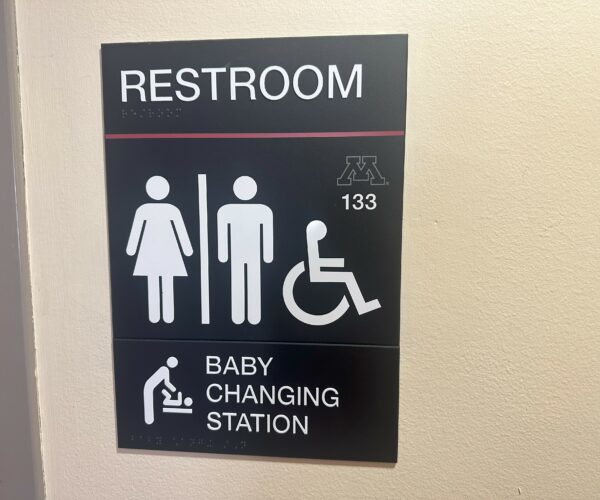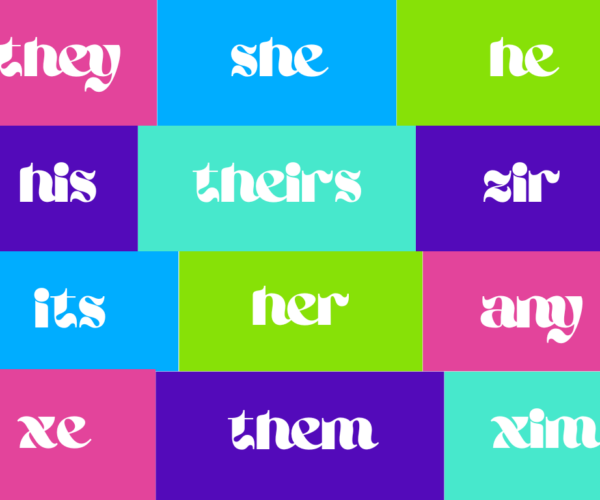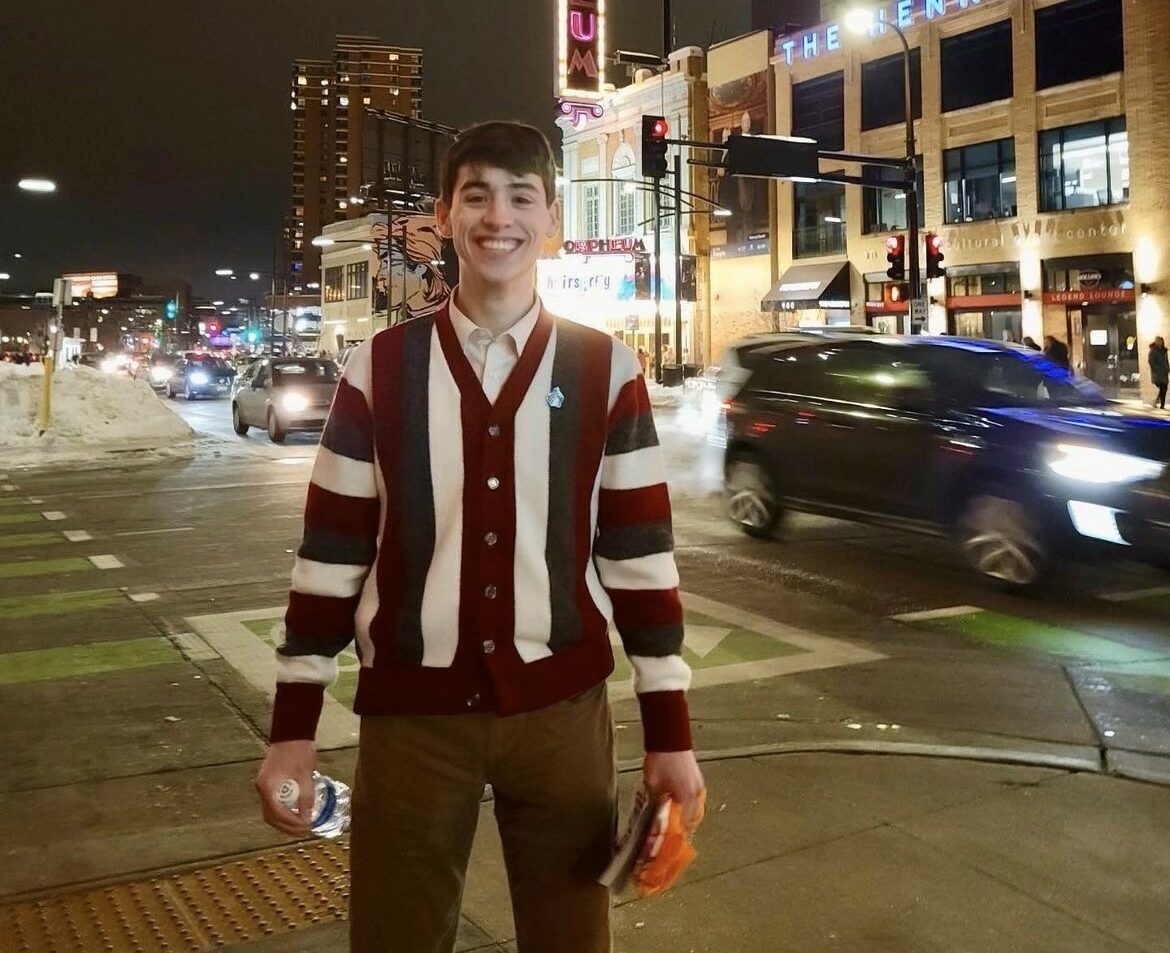AJ Stocker is a graduating junior at the University of Minnesota and an aspiring funeral director. Despite the program’s conservative nature, he has found an LGBTQ+ community in his major and sees potential for the program to become more progressive in the coming years.
“I’m about to graduate from my program, and just on the whole, the mortuary science program is typically teaching people to become funeral directors. Some students have the potential to go on. They go back to medical school, become medical examiners, surgeons, etc. But typically we’re all just funeral directors, and that industry has been so conservative and traditional for so long that even during my first orientation with the program, some of our professors who were giving welcome orientation speeches told us that the funeral industry is the second most conservative industry behind the clergy which was definitely interesting for us because in that small group for orientation, which was probably 60 people — our entire program — over half of us visibly have queer identities, and we’re all very open about them.
I’ve spoken to numerous people in our program, and honestly out of all of my friends that I have in the LGBTQ+ community, I feel like those in my program express themselves so much more freely when they can because when we’re working our funeral services, we typically have to tone it back down. We’re split sails, not in a bad way, but more, we know who to be in different parts of our lives.
With so many students having queer identities in my program now — which is amazing — many of us are not having to hold back as much when we are working. We are able to still be ourselves, maybe just not wear some of our typical attire — maybe not a tie-dyed sweatshirt at a funeral service. But what I’ve learned is, there’s a great path we can walk that allows us to still be ourselves, change the industry as we go into it and just promote more love throughout the world. And as we grow we can hopefully change some of the opinions of our clients, and just with the time I’ve been able to spend with my program, I feel like I’ve been able to see where we’re going to go.
One thing has changed from last year to this year. Our program did make the dress code for class much less strict because so many of our students enjoy expressing themselves through their own clothes, tattoos, hair color, and piercings. They had to amend the student handbook to be more suitable to our everyday lives. It’s been nice that they were allowing us to express ourselves on campus. They finally just rewrote the language. So it’s a little bit more simple.
It finally feels like I — and hopefully, many of my peers — have finally found our place where we belong. I feel like I found lifelong friends and joy through them. I feel like we will be able to stay in contact long-term because we’re all still going to be working together.”
This interview has been edited for length, clarity and stye.
Interview conducted by Mary Ellen Ritter.
